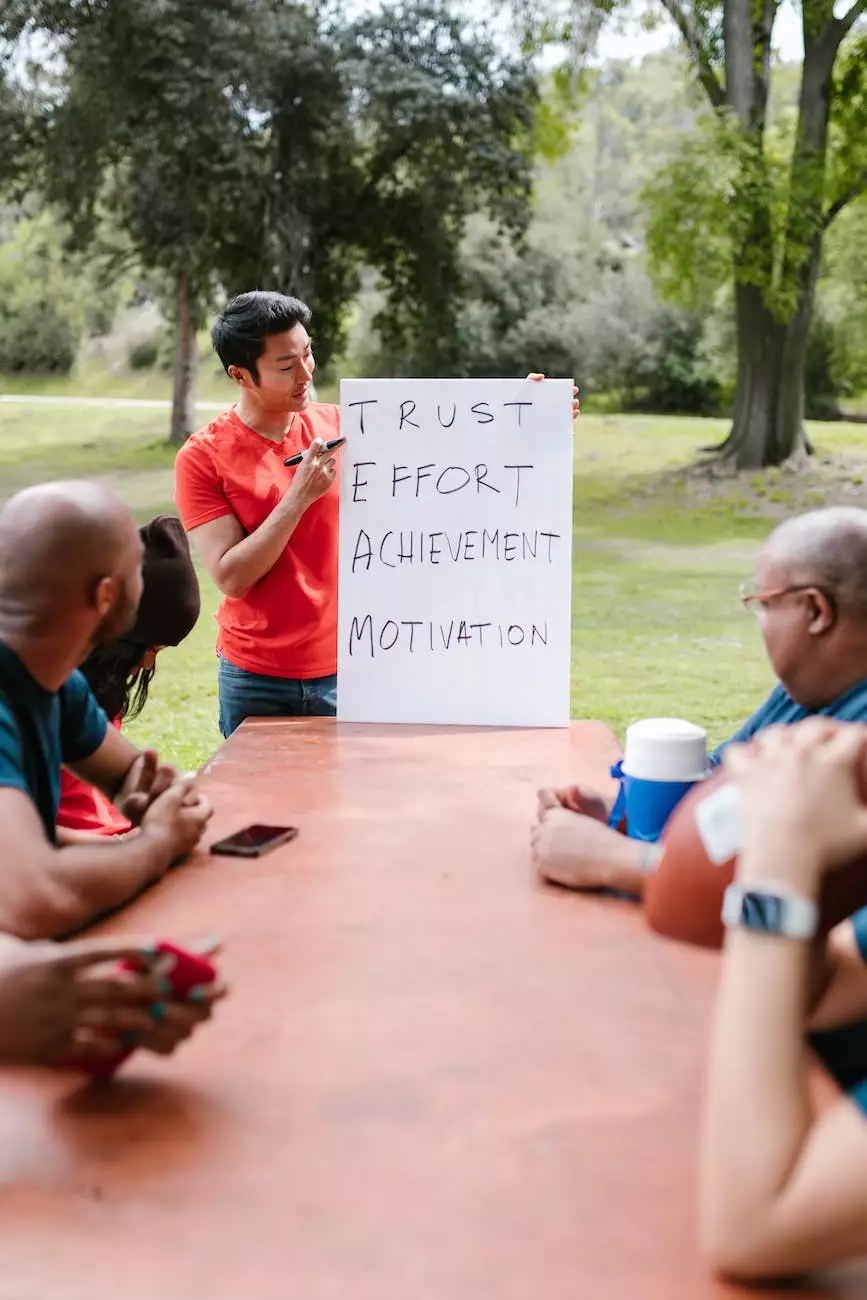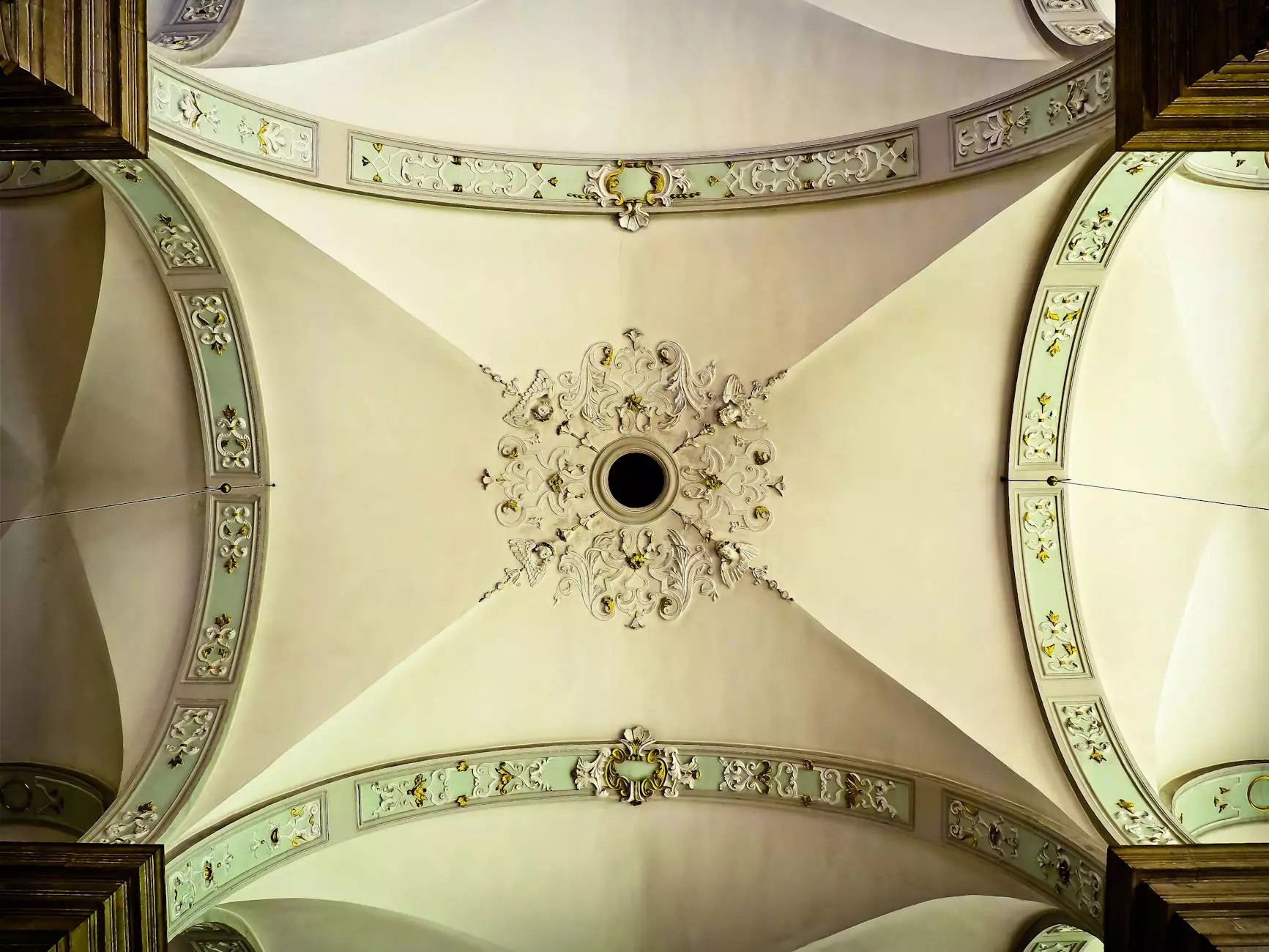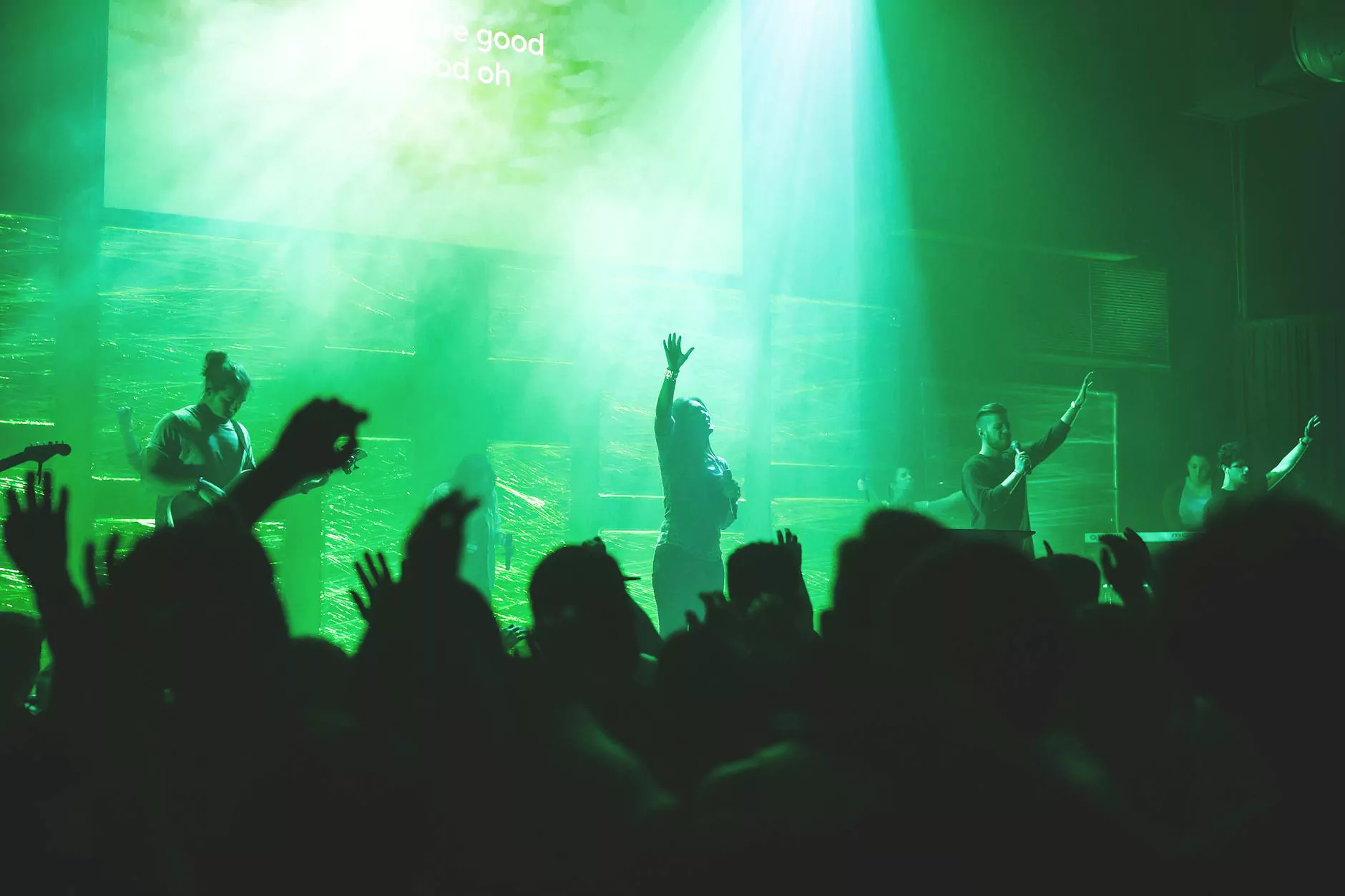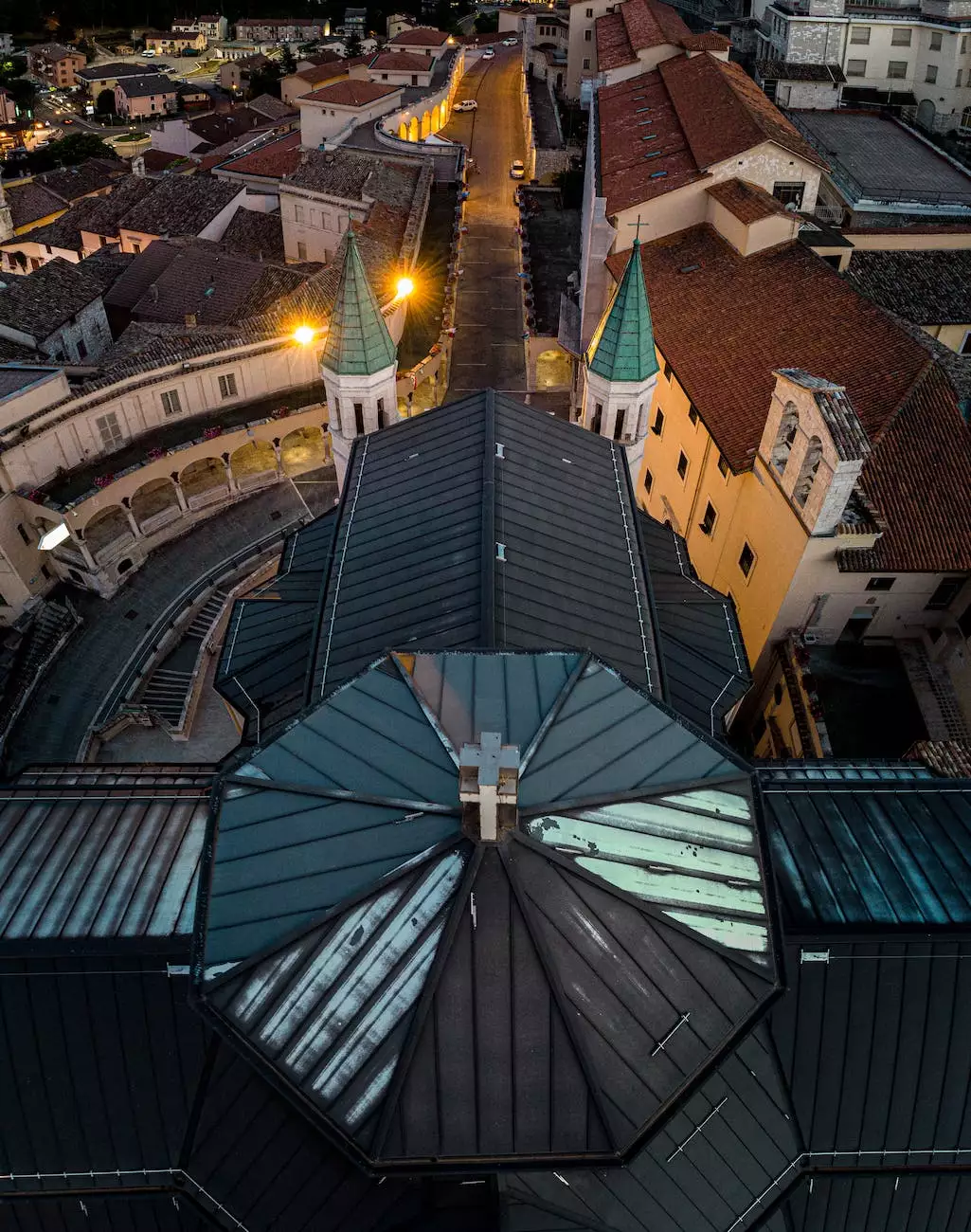The Feast of Tabernacles or Booths
Reviews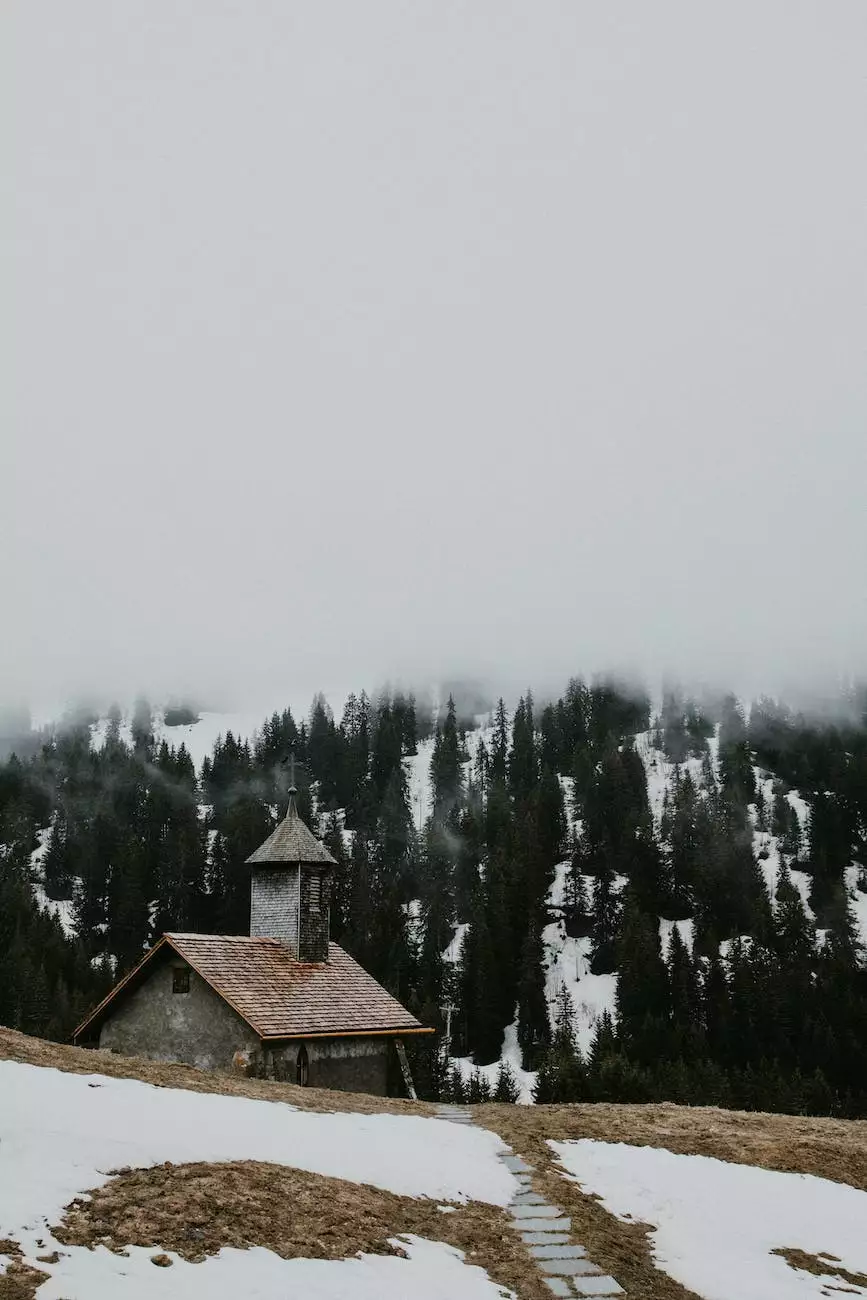
Welcome to Winter Park Christian Church, where we celebrate the beautiful tradition of the Feast of Tabernacles or Booths. In this page, we will provide you with detailed information about this religious festival, its historical background, customs, and significance. Join us as we delve into the rich tradition of the Feast of Tabernacles and its importance in our community.
What is the Feast of Tabernacles or Booths?
The Feast of Tabernacles, also known as Sukkot or Booths, is a significant Jewish festival that holds special meaning for the Winter Park Christian Church. This week-long holiday occurs in the fall, following the solemn observance of Yom Kippur.
During this festive season, believers come together in joyous celebration, commemorating the time when the Israelites dwelled in temporary shelters during their forty-year journey in the desert. It serves as a reminder of God's provision, faithfulness, and protection throughout their pilgrimage.
Historical Background
The Feast of Tabernacles dates back to biblical times, originating from the commandment given to Moses by God. In the book of Leviticus, God instructs the Israelites to observe this festival as a lasting ordinance, ensuring it would be passed down through the generations.
Throughout history, the Feast of Tabernacles has held tremendous significance for the Jewish people, symbolizing their reliance on God and celebrating the harvest season. Today, it continues to be observed by Jewish communities worldwide, as well as certain Christian denominations who appreciate the festival's historical and spiritual meaning.
Customs and Traditions
During the Feast of Tabernacles, individuals and families construct temporary shelters referred to as sukkahs. These sukkahs are typically built outdoors, using natural materials such as branches and leaves to create a roof with gaps, allowing those inside to see the stars.
It is customary to gather in the sukkah for meals, reflecting the communal aspect of the festival and reinforcing the bond between family and friends. The sukkah serves as a physical reminder of the temporary dwellings used by the Israelites during their desert journey, symbolizing humility and gratitude.
Another integral part of the festival is the waving of the lulav and etrog. This consists of four plant species: palm branches, willow branches, myrtle branches, and the etrog, a citron fruit. Worshippers hold these items together and wave them in various directions, praising God for His provision and the bountiful harvest.
The Significance of the Feast
The Feast of Tabernacles or Booths holds deep spiritual significance for Winter Park Christian Church. It symbolizes our dependence on God, our gratitude for His provision, and our unity as a community of believers. Through the celebration of this festival, we are reminded of the importance of humility and thankfulness.
By observing this festival, we aim to connect with our biblical roots and gain a greater understanding of the faith that has guided us throughout history. As a community, we come together to rejoice and express our gratitude for the blessings bestowed upon us.
Celebrate the Feast with Us
At Winter Park Christian Church, we invite you to join us in celebrating the Feast of Tabernacles or Booths. Experience the joyous atmosphere, engage in meaningful rituals, and deepen your faith as we come together as a community.
Our congregation welcomes everyone, regardless of religious background. Together, we explore the traditions, customs, and teachings associated with the Feast of Tabernacles, fostering a spirit of unity, respect, and learning.
We encourage you to reach out to us for more information, visiting our events page to find out about our upcoming celebration of the Feast. Embrace this opportunity to engage in a meaningful and spiritually enriching experience.
Conclusion
The Feast of Tabernacles or Booths holds a special place in the hearts of Winter Park Christian Church. Through this festival, we find connection to our faith, embrace unity within our community, and express gratitude for the blessings we receive. Join us as we celebrate, worship, and grow together during this joyous occasion.

